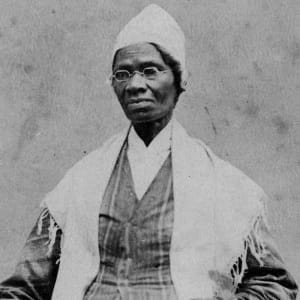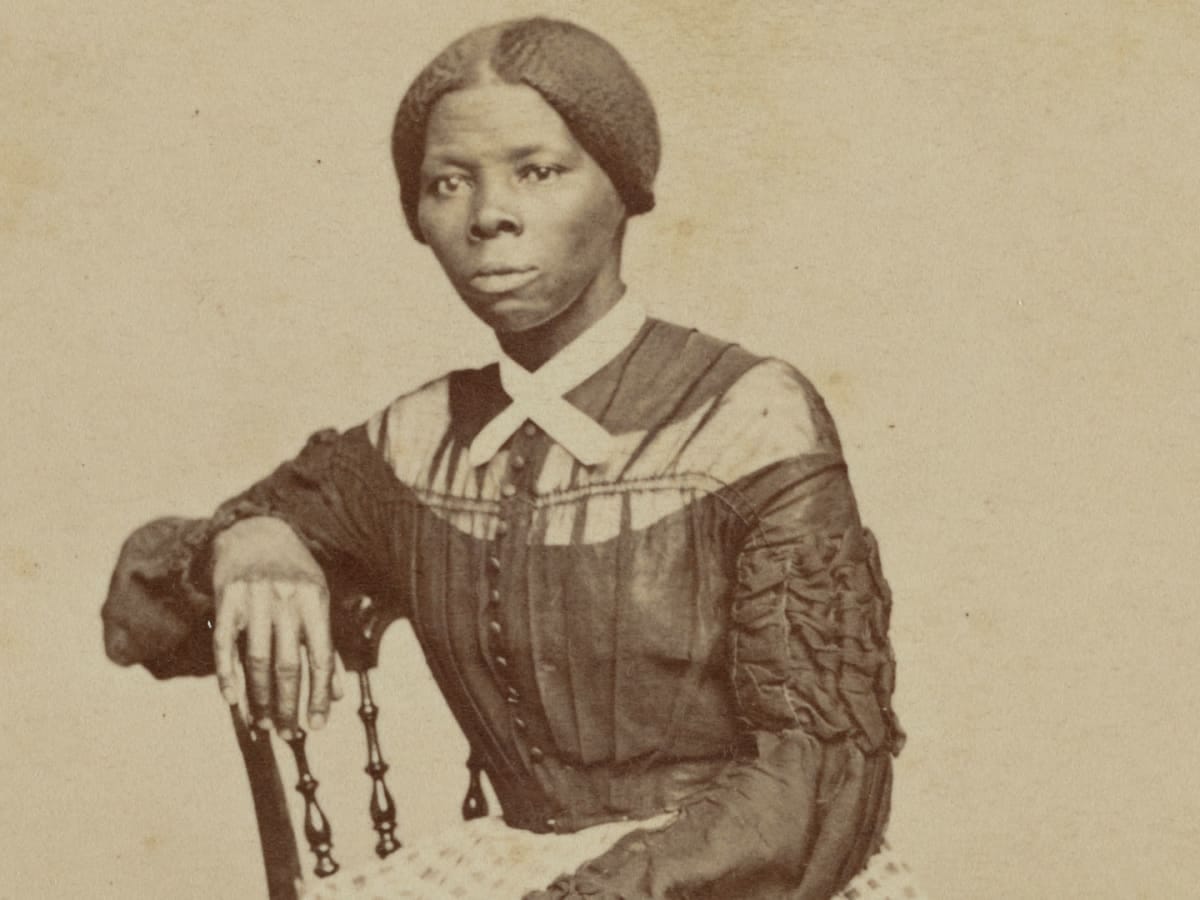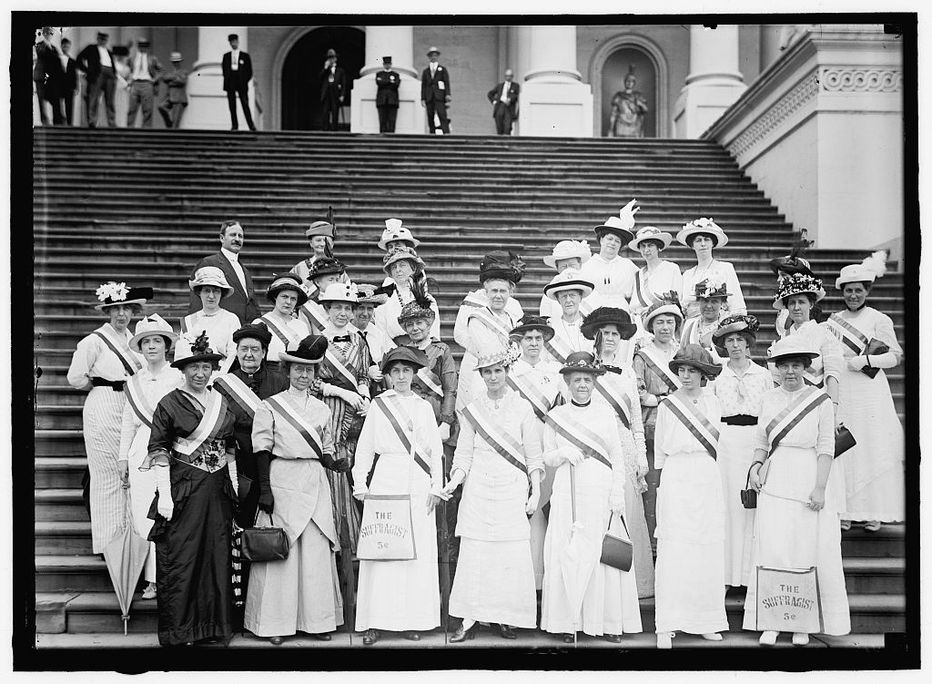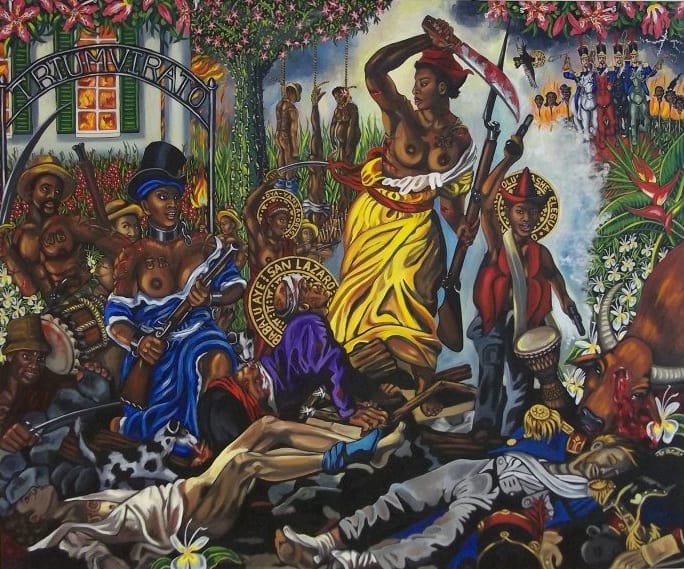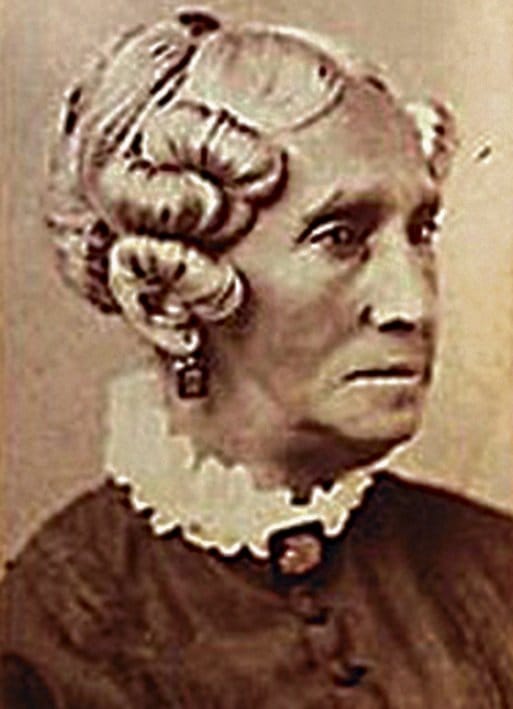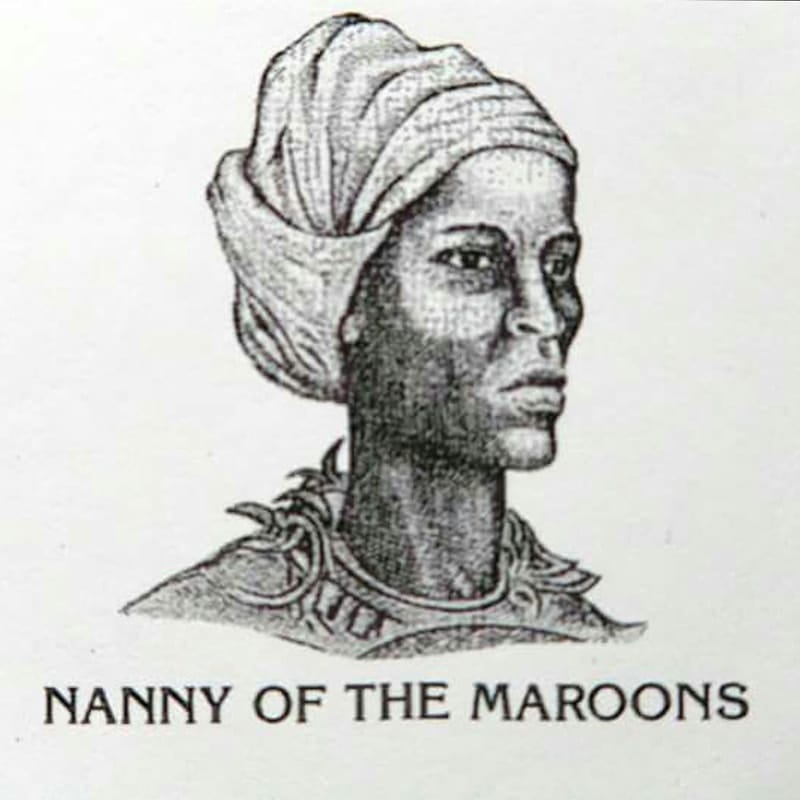Sojourner Truth (1797–1883) was an abolitionist, women’s-rights activist, and evangelist. She was an enslaved woman who, after gaining freedom, preached about abolition and equal rights. Her famous speech, “Aint I a Woman?” (1851), highlighted the discrimination that she experienced as a Black woman.
Author: developer
Harriet Tubman
Harriet Tubman (1822–1913), also known as the Moses of her people, was an abolitionist. As a formerly enslaved person, Tubman helped hundreds of enslaved people escape to freedom through the Underground Railroad. In addition, she served as a scout, spy, guerilla soldier, and nurse for the Union Army during the Civil War. Consequently, she is considered the first African American woman to serve in the military.
The Seneca Falls Convention
The Seneca Falls Convention was the first women’s-rights convention in the United States. Held in July 1848 in Seneca Falls, New York, and attended by 300 people despite the lack of publicity, the meeting launched the women’s suffrage movement.
Carlota Lucumi
Carlota Lucumi (d. 1844) was a Black woman who helped lead enslaved people in a rebellion that occurred in Mantanzas, Cuba. Firmina, another enslaved woman, helped Lucumi plan the rebellion until she was found distributing information; she was consequently beaten and incarcerated. In Firmina’s absence, Lucumi used music to communicate with people about the rebellion. Her first act in the two-day rebellion was to free Firmina and a dozen other enslaved people. Throughout the rebellion, Lucumi and her followers killed as many white people as they could and destroyed five sugar plantations, as well as a number of coffee and cattle estates. Following the rebellion, Lucumi and Firmina were captured and executed.
Maria Stewart
Maria Stewart (1803–1897) was an activist, essayist, lecturer, abolitionist, and women’s-rights activist. In 1831, she became the first woman to respond to abolitionist William Lloyd Garrison’s request for Black women to write for his newspaper, The Liberator. She is also referred to as the first Black woman to lecture in public on political issues.
Nanny of the Maroons
Queen Nanny, also known as Granny Nanny or Nanny or Nanny of the Maroons, was an 18th-century leader of the Windward Maroons. According to Ian Bernard of BlackPast.org, “Nanny limited her attacks on plantations and European settlements and preferred instead to farm and trade peacefully with her neighbors. She did, however, make numerous successful raids to free slaves held on plantations, and it has been widely accepted that her efforts contributed to the escape of almost 1,000 slaves over her lifetime.”

